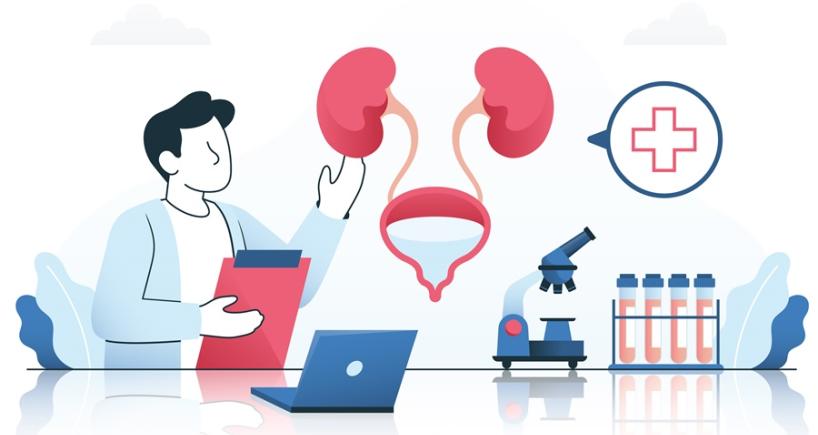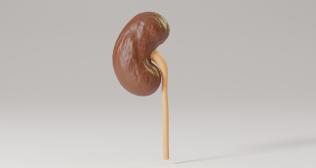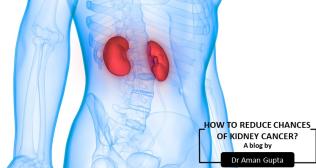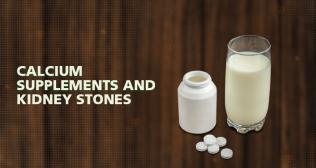
Urinary Incontinence: The Role of Artificial Urinary Sphincters
Introduction
Sphincters, in the urinary system, refer to the muscles that permit the body to hold in urine. A question might arise in the minds of people: What is the need for an artificial urinary sphincter?
The simple answer is that it might be needed:
- In individuals suffering from complete urinary leakage due to a weak sphincter muscle.
- In men, after surgery of the prostate or trauma to the urinary sphincter.
In cases with critical incontinence and no improvement over time with pelvic floor exercises, the insertion of an artificial urinary sphincter is recommended.
About Artificial Urethral Sphincter (AUS)
An artificial urethral sphincter (AUS) refers to a mechanical device inserted surgically in the body that replaces an improperly functioning sphincter muscle to help improve incontinence.
The device comprises a cuff, a pump, and a pressure-regulating balloon.
- The cuff is placed around the water passage. It fills with fluid under pressure from the balloon reservoir. Simultaneously, it compresses the urethra and prevents urine leakage.
- The pump is the part the patient squeezes to deflate the cuff when the bladder requires emptying. The pump is put under the skin so the patient can quickly get at it (e.g., in the scrotum for men).
- The pressure-regulating balloon is placed in the lower portion of the abdomen and is fluid-filled.
After the patient deflates the cuff by squeezing the pump, the balloon will automatically refill the cuff after 60 seconds or so, closing off the urethra once more. These three components are linked by plastic tubes, all under the skin.
What Happens During the AUS Surgery?
This surgery may be done while the patient is under either of the following:
- General Anesthesia: The patient will be asleep and not able to feel pain General Anesthesia.
- Spinal Anesthesia: The patient will be awake but will not be able to feel anything below the waist. The patient will be given medicines to help them relax and decrease the risk of an infection.
The patient will receive a small cut in the portion between the scrotum and anus, and the cuff will be placed around the waterpipe (urethra). A separate cut will be made in the lower abdomen or groin. Through this second wound, the pump will be placed in the scrotum, and the balloon will be placed in the abdomen. A temporary catheter will be inserted during the surgery, which will be taken out before the patient is discharged.
In some cases, inserting all the sphincter components through a single cut in the scrotum may be possible.
Risks Associated With AUS
This procedure is usually safe. Enquire healthcare professionals about the possible complications.
Risks linked with anesthesia and surgery in general are as follows:
- Reactions to medications
- Breathing problems
- Bleeding and blood clots
- Infection
Risks for this surgery may comprise:
- Damage to the bladder, urethra, or vagina
- Difficulty emptying bladder
- Worsening of urine leakage
- Wearing away of the device that needs surgery to replace or remove it
Before the Surgery
Patients should always tell healthcare professionals what medications they are taking. Also, healthcare professionals should be informed about the over-the-counter medications, herbs, and supplements that they purchase without a prescription.
During the Days Before the Surgery
- Patients may be asked to stop taking aspirin, ibuprofen, warfarin, and other medications that make blood clots difficult.
- Patients should ask healthcare professionals which drugs they should still take on the day of surgery.
On the Day of the Surgery
- Patients will generally be asked not to drink or consume anything for 6 to 12 hours before the surgery.
- Patients should take the drugs healthcare professionals advise them to take with a small water sip.
- Healthcare professionals will inform the patients when to arrive at the hospital.
- Healthcare professionals will test the urine of a patient. This will make sure the patient does not have a urinary infection before starting the surgery.
After the Surgery
- The patient may return from the surgery with a urinary catheter in place. The urinary catheter is used to collect the urine directly from the bladder for some time. It will be removed before the patient leaves the hospital.
- The patient will not utilize the artificial sphincter for a while after the surgery.
- About six weeks after the surgery, the patient will be taught how to utilize the pump to inflate the artificial sphincter.
- The patient will need to carry a wallet card or wear medical identification. This tells healthcare professionals that a patient has an artificial sphincter. The sphincter must be turned off if patients need to have a urinary catheter placed.
- Females may need to change how they do some activities (for instance, bicycle riding) since the pump is placed in the labia.
Prognosis
Urinary leakage decreases for most people who undergo this procedure. However, there may still be some leakage. Over time, some or all of the leakage may return.
There may be a slow wearing away of the tissue of the urethra under the cuff. This tissue may turn spongy. This may make the device less efficacious or cause it to erode into the urethra. If incontinence comes back, alterations may be made to the device to correct it. If the device corrodes into the urethra, it must be taken out.
After an artificial urinary sphincter surgery, if the incision becomes red/swollen or the patient experiences nausea, chills, and severe pain, they should seek immediate medical attention.
Popular Searches :
Hospitals: Cancer Hospital in Delhi | Best Heart Hospital in Delhi | Hospital in Amritsar | Hospital in Ludhiana | Hospitals in Mohali | Hospital in Faridabad | Hospitals in Gurgaon | Best Hospital in Jaipur | Hospitals in Greater Noida | Hospitals in Noida | Best Kidney Hospital in Kolkata | Best Hospital in Kolkata | Hospitals in Rajajinagar Bangalore | Hospitals in Richmond Road Bangalore | Hospitals in Nagarbhavi Bangalore | Hospital in Kalyan West | Hospitals in Mulund | Best Hospital in India | Gastroenterologist in Jaipur | Cardiology Hospital in India
Doctors: Dr. Rana Patir | Dr. Rajesh Benny | Dr. Rahul Bhargava | Dr. Jayant Arora | Dr. Anoop Misra | Dr. Manu Tiwari | Dr. Praveer Agarwal | Dr. Arup Ratan Dutta | Dr. Meenakshi Ahuja | Dr. Anoop Jhurani | Dr. Shivaji Basu | Dr. Subhash Jangid | Dr. Atul Mathur | Dr. Gurinder Bedi | Dr. Monika Wadhawan | Dr. Debasis Datta | Dr. Shrinivas Narayan | Dr. Praveen Gupta | Dr. Nitin Jha | Dr. Raghu Nagaraj | Dr. Ashok Seth | Dr. Sandeep Vaishya | Dr. Atul Mishra | Dr. Z S Meharwal | Dr. Ajay Bhalla | Dr. Atul Kumar Mittal | Dr. Arvind Kumar Khurana | Dr. Narayan Hulse | Dr. Samir Parikh | Dr. Amit Javed | Dr. Narayan Banerjee | Dr. Bimlesh Dhar Pandey | Dr. Arghya Chattopadhyay | Dr. G.R. Vijay Kumar | Dr Ashok Gupta | Dr. Gourdas Choudhuri | Dr. Sushrut Singh | Dr. N.C. Krishnamani | Dr. Atampreet Singh | Dr. Vivek Jawali | Dr. Sanjeev Gulati | Dr. Amite Pankaj Aggarwal | Dr. Ajay Kaul | Dr. Sunita Varma | Dr. Manoj Kumar Goel | Dr. R Muralidharan | Dr. Sushmita Roychowdhury | Dr. T.S. MAHANT | Dr. UDIPTA RAY | Dr. Aparna Jaswal | Dr. Ravul Jindal | Dr. Savyasachi Saxena | Dr. Ajay Kumar Kriplani | Dr. Nitesh Rohatgi | Dr. Anupam Jindal |
Specialities: Heart Lung Transplant | Orthopedic | Cardiology Interventional | Obstetrics & Gynaecology | Onco Radiation | Neurosurgery |



















